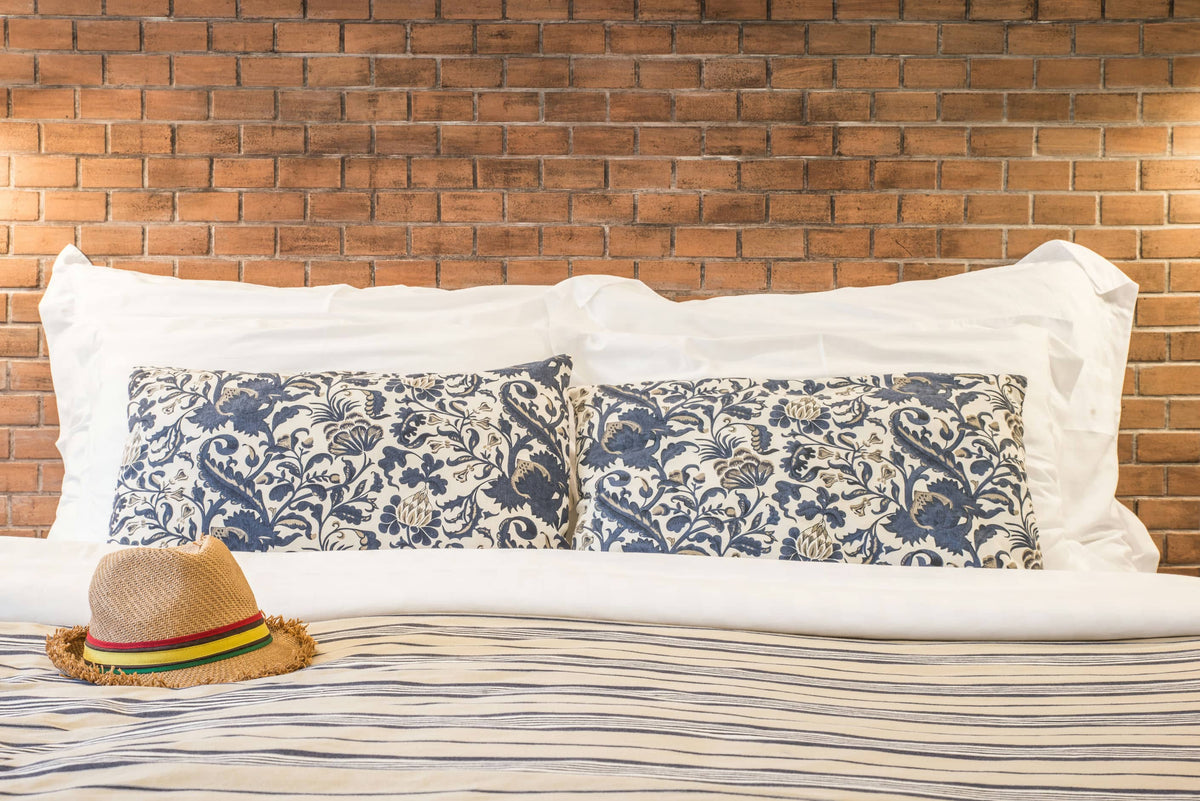
Why You Don't Sleep Well When You're Away from Home
|
|
Time to read 2 min
|
|
Time to read 2 min
It’s the downfall of travelling or spending the night with family or friends – you just can’t seem to fall asleep, no matter how hard you try. And you’re not alone! Sleep surveys have shown that more than 60% of American adults have trouble sleeping when they’re away from home.
Turns out that you’re not suffering from “princess and the pea” syndrome or being a prima donna, after all. There is hard science behind your inability to sleep well when you’re not in your own bed.
A recent study from Brown University has shown that the reason that you don’t sleep well when you’re away from home has more to do with your childhood fear of monsters under the bed than it does with your level of comfort. The sleep study proved that the reason that we have a hard time getting to sleep (and staying that way) in a new place is due to imbalanced “brain symmetry” – which means that one hemisphere of our brains is more active than the other when sleeping in a strange environment. Researchers attribute this to the fact that we’re staying alert for danger, even when we sleep.
It was shown that during the first night of sleep in a new environment, we have heightened activity in the left hemisphere of our brains, as it tries to stay awake and alert to unknown stimuli. Meanwhile, the right hemisphere is attempting to catch some shut-eye! This causes tossing and turning, as the brain never fully goes to sleep – effectively keeping “one eye open” for any possible emergencies – and is known as “asymmetrical sleep.” Or as you may call it, “Ugh!”
This imbalance causes tossing and turning, as the brain never fully goes to sleep – effectively keeping “one eye open” for any possible emergencies – and is known as “asymmetrical sleep.” Or as you may call it, “Ugh!” From an evolutionary standpoint, this makes perfect sense, as humans don’t have any natural armor to protect us from attack, and we’re especially vulnerable when we sleep. Our brains have evolved to allow us to adapt to familiar environments, such as our own bedrooms, and this results in symmetrical brain activity while we sleep – our brains recognize that there is very low risk of mayhem at home, and both hemispheres go fully to sleep. No tossing and turning on our own turf.
The bad news is that there is no way to undo the hardwiring in our brains that results in asymmetrical sleep (and the “ugh!” that comes along with the tossing and turning), but the good news is that our brains do adapt quickly to new sleep environments, and very few people suffer from lack of sleep by the second night in a strange bed.
The bottom line here is that you may have to deal with some sleep deprivation on your first night in a hotel room (or Aunt Flo’s sleeper sofa), but you should be sleeping better by night two and be able to enjoy your travels or visit – well, maybe not on the pull-out couch at your aunt’s place. But that’s a different story!